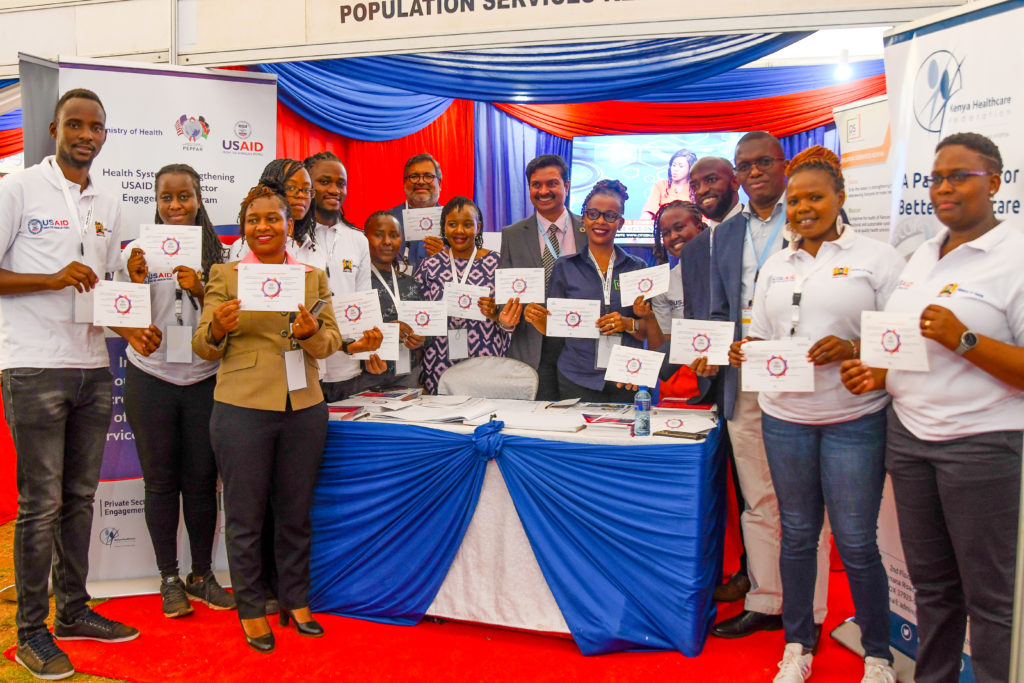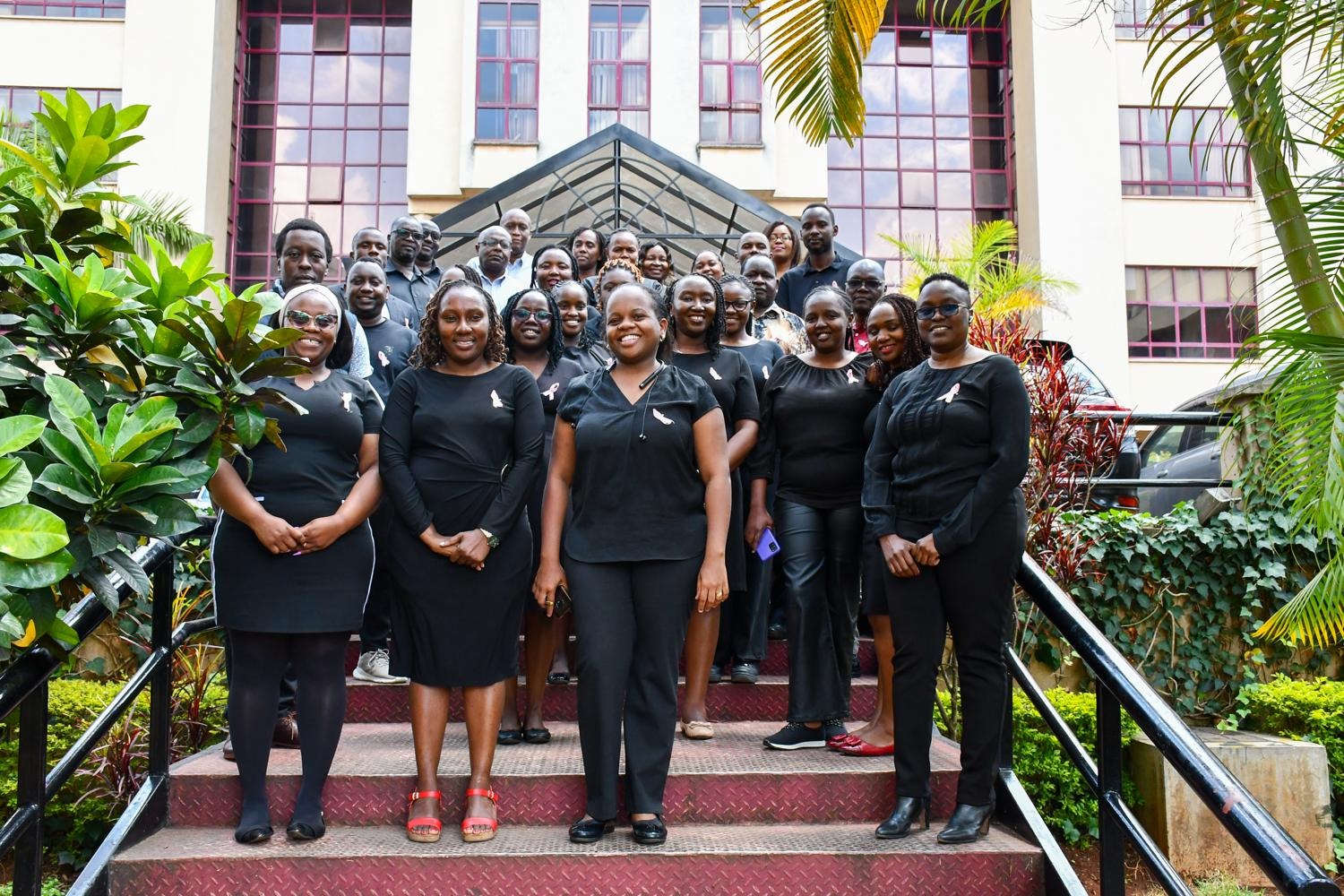As Kenya endeavors to achieve Universal Health Coverage (UHC) by 2030, the significance of the local manufacturing sector in ensuring access to quality healthcare becomes paramount. With over half of all health facilities privately owned, the private sector plays a pivotal role in Kenya’s healthcare system. Aligned with Kenya’s Vision 2030, UHC aims to augment structural and resource capacity to meet the healthcare needs of the growing population.

To fulfil its commitment to UHC, the government of Kenya has embarked on significant initiatives. It has developed a tool to assess service quality not only in public health facilities but also in the private sector. Additionally, the government has pledged to review the tax regime and reduce the cost of doing business in the pharmaceutical sector. With an optimistic outlook, the government aims for at least 50% of medicines on the Kenya Essential Medicines List (KEML) to be locally manufactured by 2026. To bolster this endeavor, the government has allocated 500 acres of land for special economic zones dedicated to local manufacturers. These strategic initiatives aim to enhance commodity security and directly contribute to the realization of UHC.
Despite the opportunities presented, the local manufacturing sector faces several challenges, including a poor regulatory framework, a high cost of capital, skill gaps in the workforce, and enforcing Good Manufacturing Practices (GMP) guidelines, among others. Addressing these challenges requires policy-level interventions to enable the government of Kenya to enact reforms promoting the local pharmaceutical manufacturing industry and attracting a greater share of investment.
Collaborative efforts are already underway to tackle these challenges. One such initiative is the USAID Private Sector Engagement (PSE) Program, funded by USAID and coordinated by a consortium of partners led by Population Services Kenya (PS Kenya), with additional support from Halcyon Consulting and the Kenya Healthcare Federation. This program seeks to enhance health outcomes by expanding the range of quality health products and services accessible within the private sector, including local manufacturers. The alignment between the USAID PSE Program and Kenya’s local manufacturing initiatives is a significant development, promising improved accessibility, and affordability of healthcare services for all. This collaboration holds great promise in contributing to the realization of UHC, a milestone in advancing the health and well-being of the population in Kenya.
Kenya’s local manufacturing sector presents a significant opportunity to advance UHC. By addressing challenges through policy-level interventions and fostering collaboration between the government, private sector, and international partners, Kenya can strengthen its healthcare system, enhance health outcomes, stimulate economic development through job creation, and bolster its competitiveness regionally and globally. Policymakers must prioritize initiatives promoting the local pharmaceutical manufacturing industry and attracting investment. With collective efforts and strategic interventions, Kenya can realize the vision of UHC by 2030, ensuring that quality healthcare is accessible and affordable for all its citizens.



